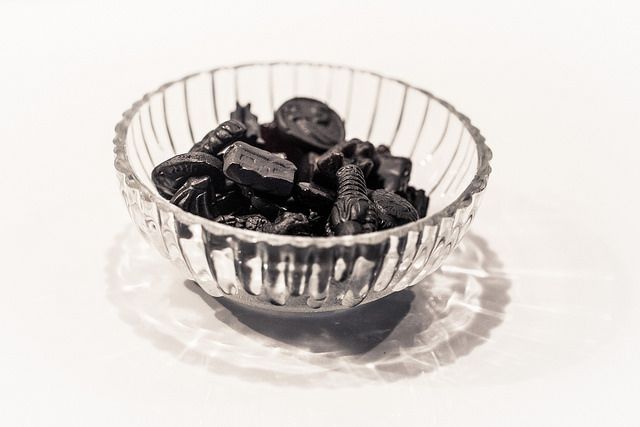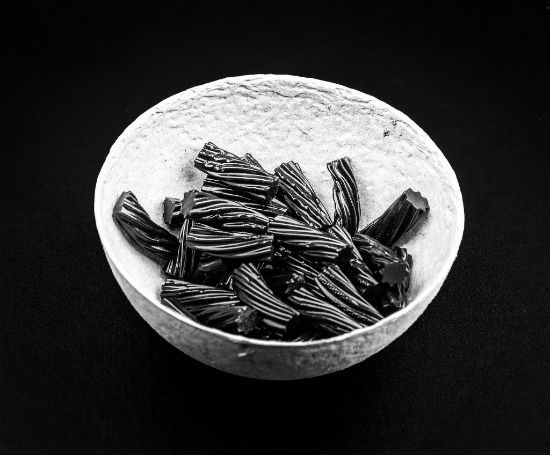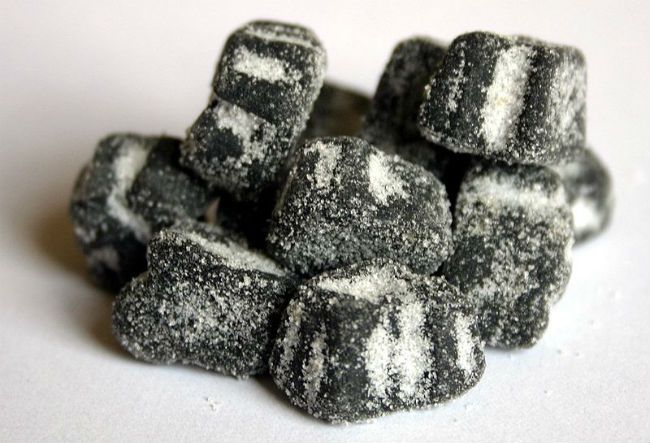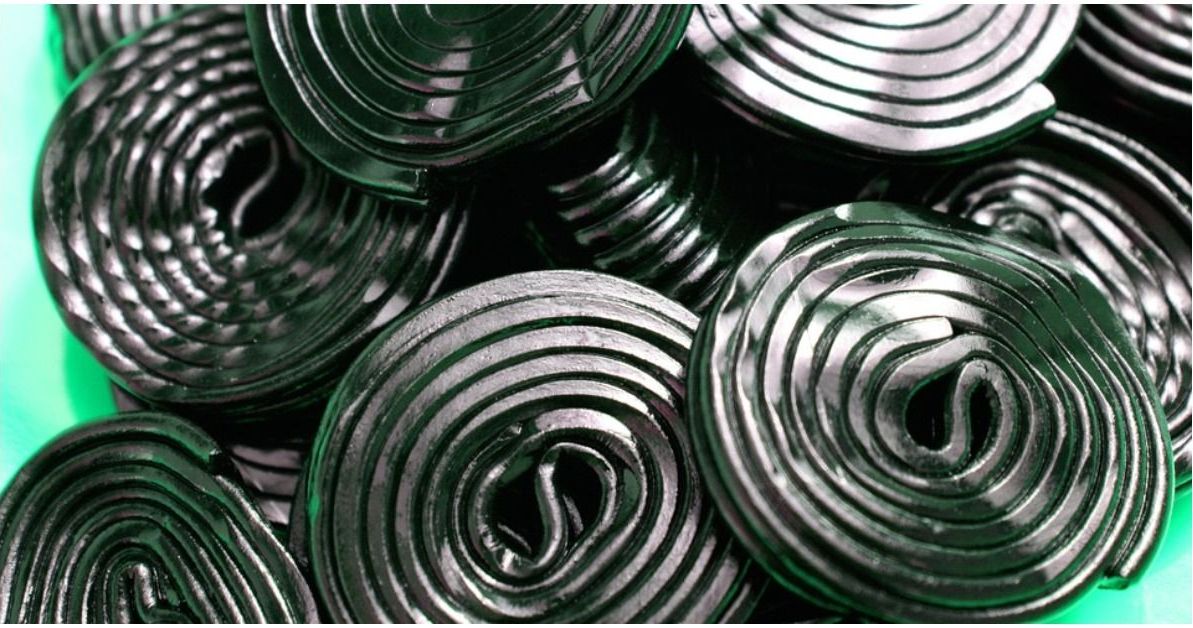Black licorice is one of the most controversial candies of all - you either love it or hate it, with very little room in between.
But a lawsuit filed this month includes one more possible reason to dislike the bitter treat: a man blames it for his heart disease diagnosis.
David Goldberg, 73, from New York filed a lawsuit against the Hershey Company in Manhattan Supreme Court this month, alleging that his sweet tooth for black licorice Twizzlers caused his health complications.
A Black Licorice Fiend

Goldberg is now taking medication for an irregular heartbeat, and says his favorite candy should feature a warning about such conditions.
In his lawsuit, Goldberg admits to eating "at least one standard size bag [of black licorice candy] per week," but says he is "not obese" and "has never had any heart conditions" before being diagnosed last year.
While the case may sound ridiculous, health experts have issued warnings about black licorice, and its connection to heart disease.
Last year, the Food and Drug Administration (FDA) explained that glycyrrhizin, a compound that naturally occurs in black licorice, can put older adults at risk of developing heart issues.

Glycyrrhizin lowers the body's potassium levels, encouraging heart problems like high blood pressure to develop, which could lead to other health effects.
The ingredient can also cause dangerous reactions with some medicines, including diuretics.
"If you're 40 or older," the health agency's statement read, "eating two ounces of black licorice a day for at least two weeks could land you in the hospital with an irregular heart rhythm or arrhythmia."
Warnings About Black Licorice

Health experts also recommend that no one of any age should eat large amounts of black licorice, that pregnant women should avoid it altogether, and that anyone who experiences an irregular heart rhythm or weakness should stop eating the candy right away.
Goldberg alleges that the Hershey Company "knew for years that its black licorice candy posed a health threat" without warning customers about the risks.
Hershey would not comment to news outlets about a pending case, but said that all of their products "are safe to eat and formulated in full compliance with FDA regulations, including the agency's regulation affirming the safety of licorice extract for use in food."
Whatever the outcome of the lawsuit, Hershey has already lost a loyal customer.
Goldberg's lawsuit says he "has stopped eating black licorice" since his diagnosis, but that going cold turkey has not improved his condition.

